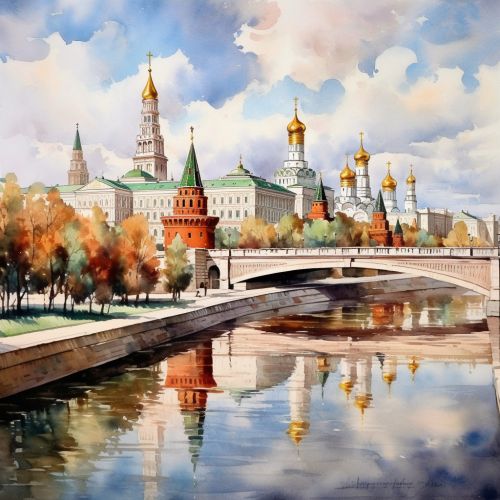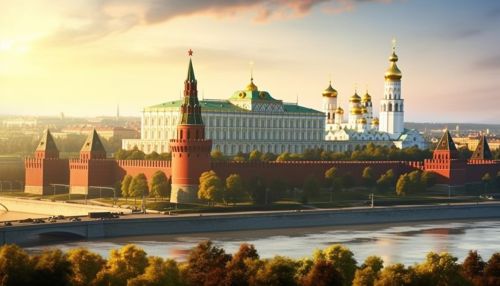Vladimir Putin
Early Life
Vladimir Vladimirovich Putin was born on October 7, 1952, in Leningrad, now known as St. Petersburg, in the Soviet Union. His father, Vladimir Spiridonovich Putin, was a conscript in the Soviet Navy, serving in the submarine fleet in the early 1930s. His mother, Maria Ivanovna Putina, was a factory worker.
Education
Putin studied law at the Leningrad State University, graduating in 1975. His thesis was on "The Most Favored Nation Trading Principle in International Law". While there, he was required to join the Communist Party, which he did in 1975.
KGB Career
After graduation, Putin was assigned to work in the state security agencies, now known as the KGB. He worked in foreign intelligence for 16 years, rising to the rank of lieutenant colonel. His work involved monitoring foreigners and consular officials in Leningrad. In 1985, he was sent to Dresden in East Germany, where he worked until 1990.
Political Career
In 1991, Putin entered politics in Saint Petersburg, where he served as the city's mayor from 1991 to 1996. In 1996, he moved to Moscow, where he joined the presidential staff as deputy chief of the presidential staff.
In 1999, President Yeltsin appointed Putin as prime minister. Later that year, Yeltsin resigned and appointed Putin as acting president. Putin won the 2000 presidential election and was re-elected in 2004. In 2008, due to constitutional term limits, Putin was ineligible to run for a third consecutive presidential term. Instead, he was appointed prime minister by his successor, Medvedev.
In 2012, Putin was re-elected president, succeeding Medvedev. He was re-elected again in 2018, and his current term is set to end in 2024.
Policies and Leadership Style
Putin's leadership style is often described as a "power vertical" in which the president exercises direct control over all levels of government. He has pursued consolidation of power, suppression of dissent, and control over media. His policies have included economic reforms, such as the implementation of flat income tax rates, increased defense spending, and the creation of new technology industries.


Criticisms and Controversies
Putin's presidency has been marked by numerous controversies and criticisms. These include allegations of electoral fraud, suppression of political freedoms, human rights abuses, and corruption. His foreign policy, particularly his annexation of Crimea in 2014, has also been widely criticized.
Personal Life
Putin is known to be private about his personal life. He was married to Lyudmila Shkrebneva from 1983 to 2014, and they have two daughters. Putin is also known for his love of sports, particularly judo and ice hockey.
Legacy
Despite the controversies, Putin's leadership has left a significant impact on Russia. His policies have helped stabilize the Russian economy after the chaos of the 1990s, and he has reasserted Russia's position as a global power. However, his authoritarian style of governance and disregard for democratic norms have also drawn significant criticism.
